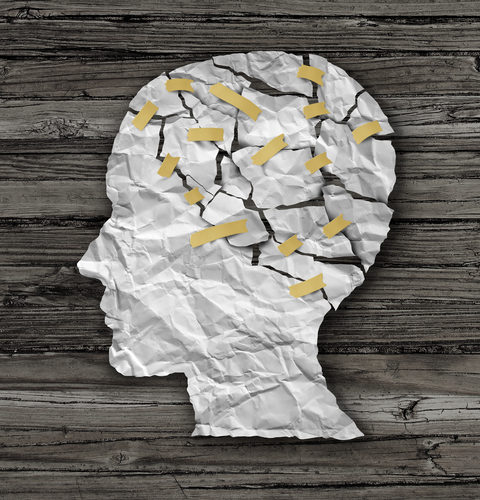When hard drugs come to mind, methamphetamine — also called meth or crystal meth — is often among the first imagined. Meth is a Schedule II drug in the U.S., which means it is tightly controlled but also has documented medical uses. One form of meth is an active ingredient in many nasal decongestants, while others are used in rare cases to treat severe ADHD and obesity. Illicit meth is most frequently a kind of meth called racemic methamphetamine, which can be synthesized or “cooked” from scratch with easily-accessed ingredients and techniques.
Pop culture and anti-drug campaigns portray meth as extremely addictive, sucking its users into a seedy underworld and wreaking havoc on their physical health. In many cases, this portrayal of meth is not far from the truth — the drug’s high addiction potential and many physical harms are well-documented. But meth is abused by nearly 900,000 people each year in the United States, not all of whom look or act like the suspicious, gaunt users in movies and television. Like so many other drug addictions, meth abuse can be a silent threat to a user’s well-being. Seeking treatment for meth abuse and addiction is truly the difference between life and death.
METHAMPHETAMINE ADDICTION IN THE BRAIN AND BODY
When you use meth — whether smoking, ingesting or injecting — the drug almost immediately takes control of your brain’s pleasure and reward systems. Using meth mimics the sensations of happiness that you feel when you accomplish something, and it does so to an extreme degree. Many meth users will binge on the drug to make this euphoric period of the high last as long as possible; sometimes up to several days. But this overstimulation means that the crash after the high is often equally intense. Users may experience extreme paranoia, itchy hallucinatory sensations and exhaustion. With long-term abuse, these symptoms will become more intense and you will require increasingly larger doses of meth to keep them at bay.
Your body also suffers from meth abuse. During a meth high, you may experience a rapid heart rate, increased libido, dry mouth and decreased appetite. With continued meth use, these effects can take their toll, leading to weakened blood vessels and high blood pressure, sexual deficiencies, tooth decay and extreme weight loss. Additionally, many meth abusers suffer from skin sores as a result of scratching themselves during withdrawal periods. Finally, the risky sexual behaviors often associated with the meth-using community leads to a statistically higher risk of contracting sexually transmitted infections and viruses.


TREATING METHAMPHETAMINE ADDICTION
Due to its often unbearable withdrawal symptoms, meth has an extremely high addiction risk as well as one of the highest rates of relapse. Even after detox, withdrawal symptoms can persist for up to nine months, which is well beyond the length of a typical rehabilitation program and often leaves a recovering addict facing depression, anxiety and poor physical health on their own. Treating meth addiction requires a sustainable, long-term treatment plan that accounts for individual needs. It is usually best accomplished with a medically-assisted detox to relieve the discomfort of withdrawal, and it is vital to begin rehabilitation right away to prevent detox without recovery.
At the Springboard Center in Midland, TX, we understand how difficult recovering from addiction to a powerful drug like meth can be. We know that everyone’s experience with addiction is different, so our programs are designed to fit your goals and lifestyle — we want to make it simple for you to stick to your treatment plan so that you can find recovery without relapse. Our compassionate, experienced staff provides medical assistance and therapy to our clients, allowing you to transition seamlessly from detox to recovery. Our programs include:
- Residential treatment
- Intensive outpatient treatment
- Medically-assisted detox
- Treatment for co-occurring addictions
- Individual and group therapy
CONTACT THE SPRINGBOARD CENTER
Springboard is proud to be the premier addiction treatment center for the Permian Basin region of Texas, New Mexico and Oklahoma. We treat men and women over the age of 18 for addiction to drugs and alcohol, and we can offer medically-assisted detox at our facility and in partnership with local healthcare centers. If you or your loved one is struggling with addiction, contact us to find out if our programs are right for you. Call us today at our office in Midland, TX 432-620-0255 to learn more about the resources available to you during your recovery.

